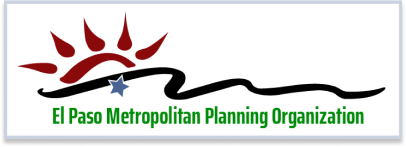Other Texas District TMCs - Traffic Management Center Functionality
Subsystem Description
The 'Traffic Management Center' monitors and controls traffic and the road network. It represents centers that manage a broad range of transportation facilities including freeway systems, rural and suburban highway systems, and urban and suburban traffic control systems. It communicates with ITS Roadway Equipment and Connected Vehicle Roadside Equipment (RSE) to monitor and manage traffic flow and monitor the condition of the roadway, surrounding environmental conditions, and field equipment status. It manages traffic and transportation resources to support allied agencies in responding to, and recovering from, incidents ranging from minor traffic incidents through major disasters.
Functional Object: TMC Incident Dispatch Coordination
'TMC Incident Dispatch Coordination' formulates and manages an incident response that takes into account the incident potential, incident impacts, and resources required for incident management. It provides information to support dispatch and routing of emergency response and service vehicles as well as coordination with other cooperating agencies. It provides access to traffic management resources that provide surveillance of the incident, traffic control in the surrounding area, and support for the incident response. It monitors the incident response and collects performance measures such as incident response and clearance times.
Functional Object: TMC Regional Traffic Management
'TMC Regional Traffic Management' supports coordination between Traffic Management Centers in order to share traffic information between centers as well as control of traffic management field equipment. This coordination supports wide area optimization and regional coordination that spans jurisdictional boundaries; for example, coordinated signal control in a metropolitan area or coordination between freeway operations and arterial signal control within a corridor.
